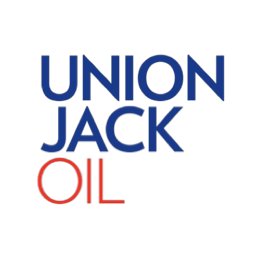Oil prices saw a rebound of 1% on Tuesday, recovering from the previous session’s losses. This increase was driven by concerns over supply due to escalating conflict in the Middle East, stronger data from the US services sector, and a production cut at Libya’s Sharara oilfield. Brent crude futures rose by 76 cents, reaching $77.06 a barrel by 0638 GMT, while US West Texas Intermediate crude futures increased by 92 cents to $73.86. On Monday, both benchmarks had dropped by about 1% amid declining global stock markets.
The decline in oil prices was limited by growing concerns that Iran, a major producer in the Middle East, might retaliate against Israel and the US following the assassination of a Hamas leader in Tehran and an Israeli attack that killed a Hezbollah commander in Lebanon. Such actions could potentially lead to a wider regional conflict. At least five US personnel were injured in an attack on a military base in Iraq, though it was unclear if this was linked to the retaliation threats.
The US has been urging countries to communicate to Iran that escalation is not in its interest, as stated by a State Department spokesperson on Monday. Priyanka Sachdeva, a senior market analyst at Phillip Nova in Singapore, noted that oil prices had recovered some losses due to concerns over a potential escalation in the Middle East, which could threaten global supplies. The possibility of an all-out war in the Middle East is becoming more real, adding to market apprehensions.
Supporting the oil price increase was data showing that service sector activity in the US, the world’s largest oil consumer, had rebounded from a four-year low in July. Price gains were also seen amid a broader recovery in Asian equity markets following a significant plunge on Monday. IG market strategist Yeap Jun Rong indicated that the recovery in risk sentiments and resilient US services sector data provided some support for oil prices. However, more may be needed to reassure markets of a stronger global demand outlook for oil.
Additionally, concerns over reduced production at Libya’s 300,000 barrel-per-day Sharara oil field contributed to higher prices. Output at one of Libya’s largest oil fields has fallen by about 20% due to protests, offsetting some of the earlier negative macroeconomic factors. ING analysts noted that these production issues have mitigated some of the bearish sentiment in the market.
The rebound in oil prices reflects the complex interplay of geopolitical tensions, economic data, and production issues. As the situation in the Middle East evolves and economic indicators fluctuate, the oil market remains highly sensitive to these developments.
Union Jack Oil plc (LON:UJO) is an oil and gas company with a focus on onshore production, development, exploration and investment opportunities within the United Kingdom and the United States of America hydrocarbon sector.

